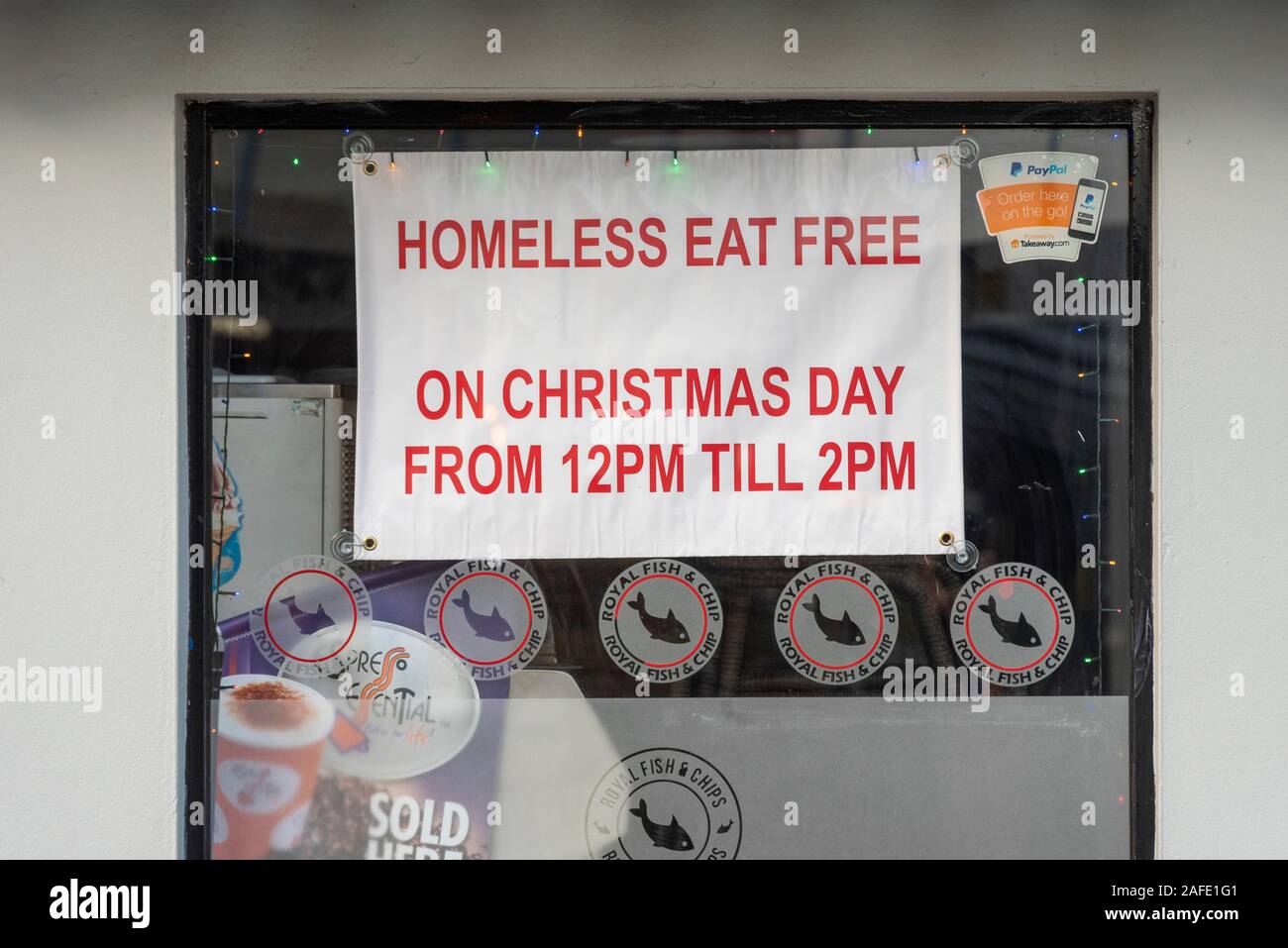

Resource and referral organizations such as Crisis Connections (or simply dialing 2-1-1) can help connect residents with much needed services and inform on what aid is available. You can help by directing the people who are homeless to assistance providers trained in identifying each resident's unique needs.

UFISH HOMELESSNESS HOW TO
Governmental aid is available for people experiencing homelessness, but many may not know where to find it or how to apply. Often what is needed is a combination of the person wanting to be helped and an organization knowledgeable about availability of resources to assist.


What can you do, personally, to help them? Not only do professionals and volunteers involved with the homeless wrestle with difficult questions of how to help-so does the average person who is approached at a bus stop, or while walking down the street minding his or her own business. How to approach homelessness can be confusing. Community and regional partnerships are critical because no one jurisdiction will be able to solve homelessness challenges alone. We continue to work with our local businesses, faith-based organizations, service clubs, and non-profits to serve the homeless. While the City of Kent invests nearly half its human services funding in programs addressing homelessness, we rely on community partners to provide direct services. The lack of affordable housing leaves ex-offenders competing for the same limited resources with others who have no criminal history. Understanding the additional barriers criminal history poses for anyone experiencing homelessness, efforts are made to avoid arrests and charges that could negatively affect one’s ability to access resources and housing. Staff also provide support to Police encountering homeless individuals and families by supplying emergency resources, referrals and connections to direct service providers. Human Services works collaboratively within this group to address impacts homelessness has on residents, businesses, resources, assets, and City departments. The City’s Internal Homelessness Taskforce with representatives of city departments, meets monthly to discuss and address the impacts of homelessness within the city. From this knowledge, staff works to build relationships and develop navigation support and resources to collectively bridge gaps and address the impacts and reach of homelessness across City departments and divisions. By working directly with providers, outreach workers, and caseworkers, we are learning what barriers and challenges exist between services and agencies. Services for those experiencing homelessnessĬity staff work with neighboring communities, within our community and with agencies and providers to connect our most vulnerable populations with resources and access to assistance.The City works with community providers to provide: In partnership with local and regional community providers, the City is addressing immediate needs related to homelessness and working on longer-term strategies. Our approach to addressing the impacts of homelessness should be as well. The causes of homelessness are complex-from losing a job or experiencing a sudden financial challenge, such as a medical emergency, to mental health or substance use disorders. And without enough affordable housing, many seniors, families, and individuals end up homeless, sleeping on the street and in vehicles. Our current systems do not keep up with the need. It benefits all of us to break the cycle of homelessness, one person, one family at a time.Īcross the Puget Sound, people are struggling to keep up with the rapidly rising cost of living and many of our fellow community members are ending up homeless. The availability of healthcare resourcesįurther, homelessness impacts the present as well as the future.It has a ripple effect throughout the community.


 0 kommentar(er)
0 kommentar(er)
